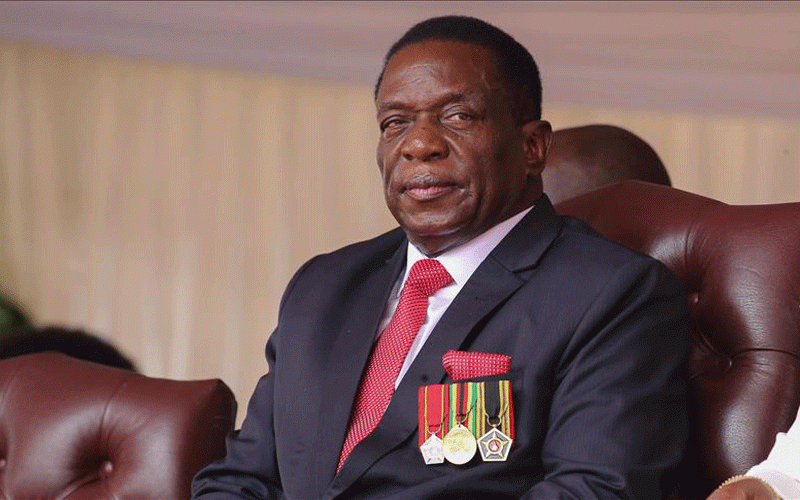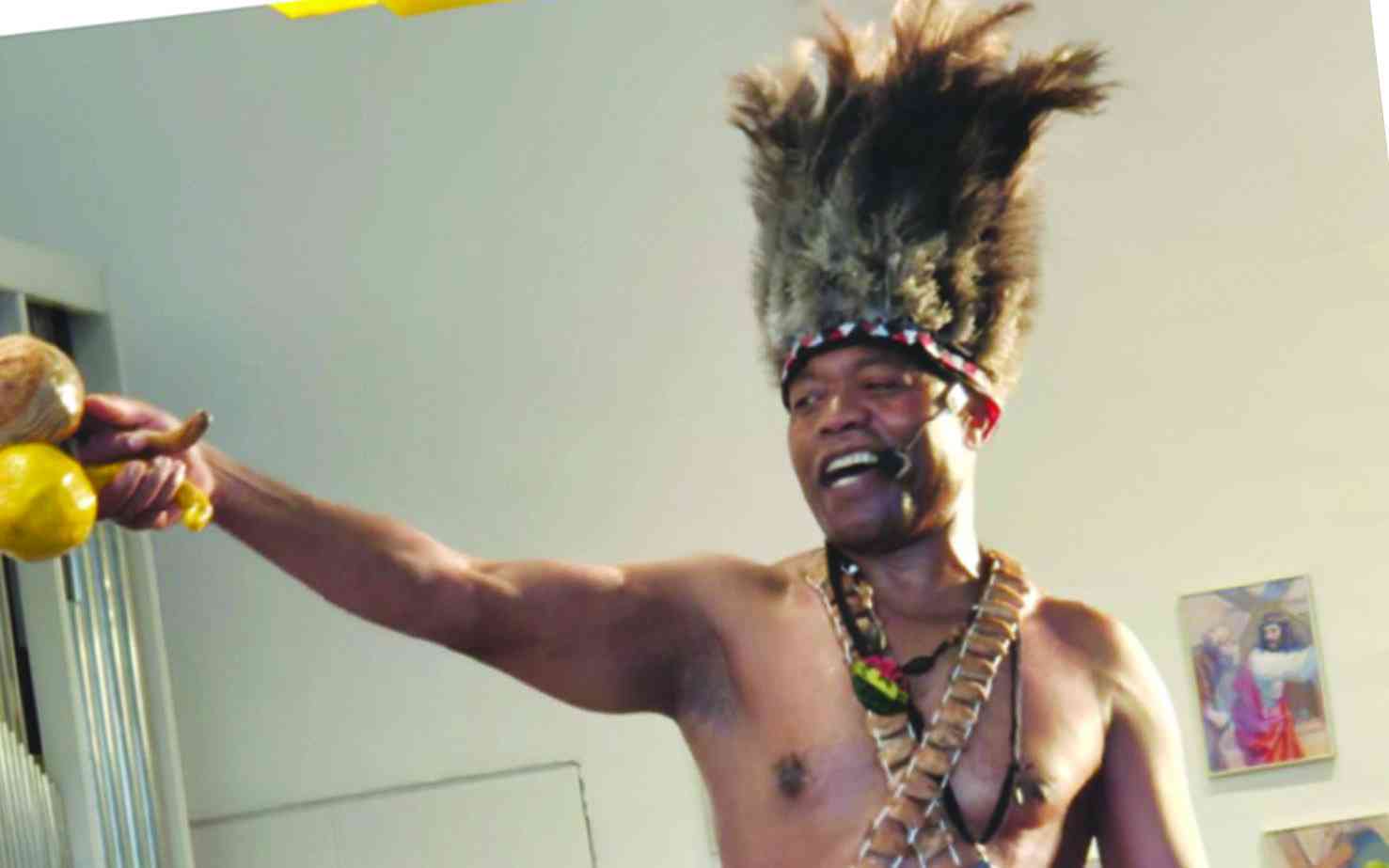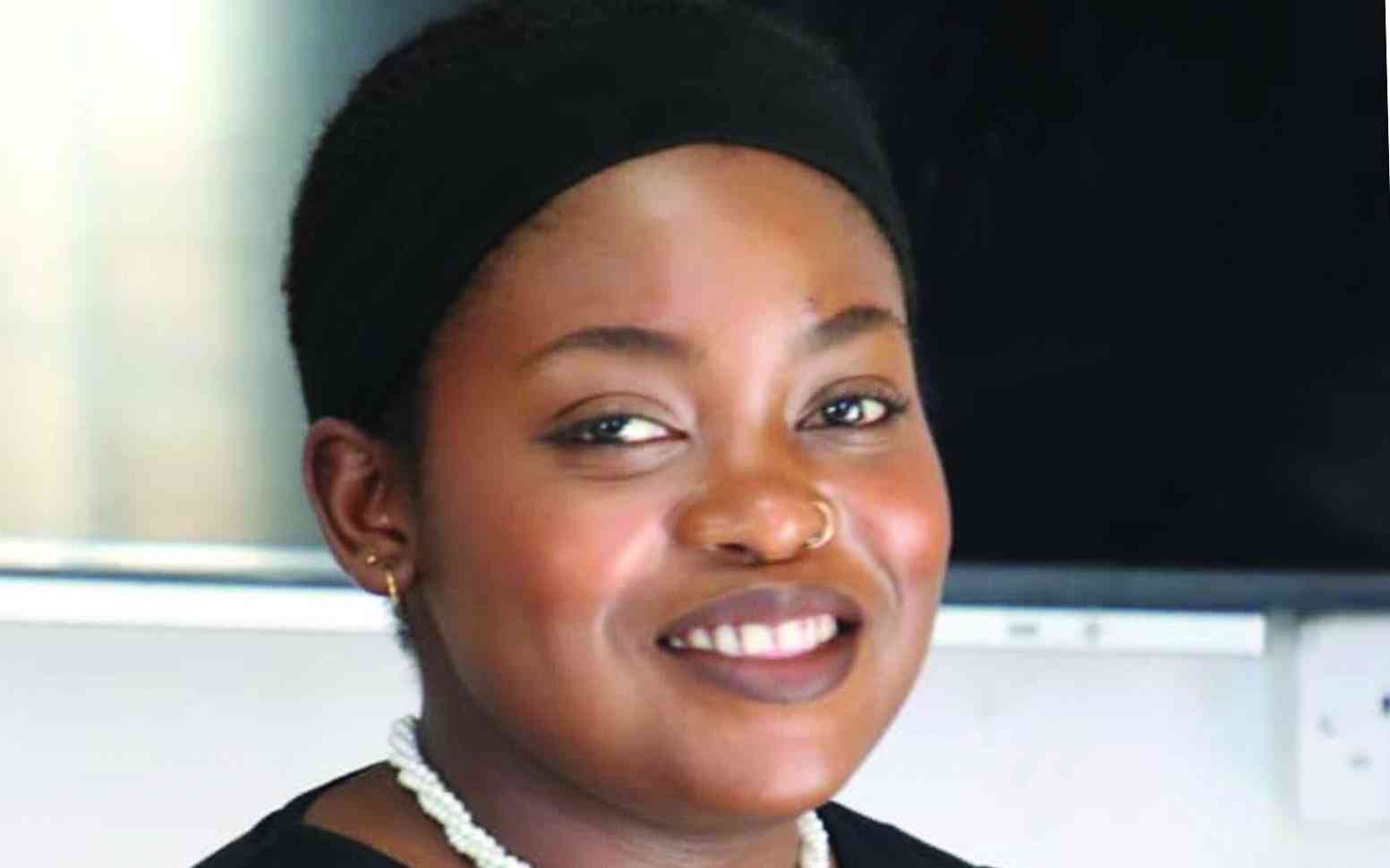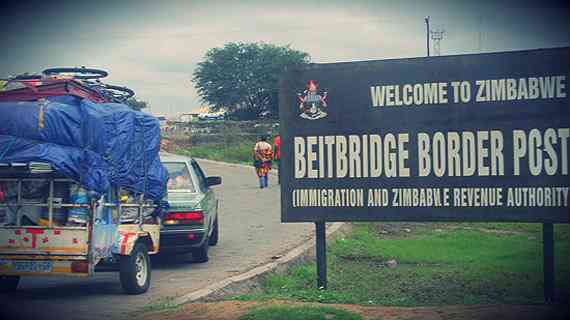
I HAVE opined before on the magnitude of President Emmerson Mnangagwa’s Executive powers after dissolution of Parliament and electoral date proclamation. This is because there are a multitude of myths, fallacies and misconceptions on how incumbent Presidents in this part of the world determine the trajectory of elections.
Here are the facts: It is true that Mnangagwa — in “consultation” with the Zimbabwe Electoral Commission (Zec) — technically decides when elections can be held, but this has to be within specified constitutional provisions. It is also true that he plays a significant role in the appointment of Zec commissioners and that Zec must not be under the influence of anyone — including the one who appoints commissioners. Footnote to this is that “appointment” is not synonymous with “control”. Nonetheless, also a fact that it is difficult to resist the temptation to influence after appointment.
This is exactly the point I need to make constitutional reference to because it would be naïve for Mnangagwa to overtly influence Zec at the same time expect Citizens Coalition for Change (CCC) leader Nelson Chamisa not to dispute related electoral results. And moreover, like I observed a few articles back, Zec would want to be seen to be independent, that is if its chairperson Priscilla Chigumba has to maintain a semblance of personal integrity. But then again there would not be studies in constitutionalism and rule of law if there were no legislative rogues out there.
In an ideal constitutional, if not liberal democracy, an incumbent president should recuse oneself from all Executive duties after parliamentary dissolution and electoral proclamation. Access to State resources like helicopters, cars, media; use of security services and “emergency presidential powers” to concoct dicey statutory instruments — all these are described in a single English word — cheating. Main opposition leader Chamisa does not have access to such sumptuous political delicacies, thus he already would be at a disadvantage even before any elections start. This is the very reason our Constitution writers placed Zec in a vintage position to “neutralise” such powers. In retrospect, they could have done a better job had they made Zec “report” to the Chief Justice during such a fragile transitional phrase. Unfortunately, if we have a scenario — as it is — where Chief Justice Luke Malaba is himself appointed by the President, it is unlikely that he can exercise his absolute judicial freedom. Therefore, it is safe to say that this whole influence conundrum ultimately depends on individual leadership styles and their general interpretation of the supreme law.
The President, under Section 90 is duty-bound to respect and uphold the Constitution. In essence, this means if he has any “residual presidential powers” after dissolution and proclamation, he should energetically steer away from the headwinds of Zec control. Section 144 could have been clearer on his post-dissolution and post-proclamation powers. Nonetheless, our constitutional writers talked about electoral law in Section 157; and it is a fundamental tenet of this law to treat all candidates equally, including adherence to a code of conduct. In this respect, even without an outright law that curtails Mnangagwa’s Executive powers after parliamentary dissolution and election date proclamation, if he and his Zanu PF party have access to State resources like helicopters, cars, public media, use of security services and concocted statutory instruments using “presidential powers” to influence electoral outcomes, they are indeed cheating.
As you probably know, delimitation is a crucial element of the electoral cycle. Section 161 needs very little interpretation due to its clarity. The caveat being that delimitation is undertaken during the full tenure of the President; not only that, but also the preliminary report should be presented to him. The delimitation process can create new and redefine electoral boundaries. Its mathematical provenance is in registration and voter population statistics. A perennial outcry by opposition parties is that Zanu PF relies heavily on rural wards and constituencies, thus it is in the incumbent president’s interest to ensure a numerical advantage of rural over urban constituencies. The question being: If the 2022/2023 delimitation report “fails” to accentuate this “imbalance”, what would prevent Mnangagwa from rejecting the report?
Therefore, let me conclude this influence paradox, while it is still fresh in your mind. Whilst our Constitution is clear that after dissolution of Parliament and proclamation of election dates, all candidates are equal in the eyes of Zec, there are no clauses that technically take away Mnangagwa’s Executive and political powers. Like I mentioned previously, perhaps by adorning Mnangagwa’s political hard hat with “presidential powers” through an Act, it becomes a tacit admission that he has the “permission” to interfere with and influence the direction of elections. In one newspaper (NewsDay) article in 2020, journalist Miriam Mangwaya quoted Zimbabwe Human Rights NGO Forum as saying: “The President’s sweeping powers to enact regulations on issues that can ordinarily be legislated by an Act of Parliament represents an affront on the principle of separation of powers.”
In all fairness, I cannot remember any presidential powers applied to influence elections in 2018, yet the 2019-2021 COVID-19 era saw Statutory Instrument 99 of 2020 effected to ostensibly mitigate effects of the pandemic on by-elections. In addition, we remember the late constitutional lawyer Alex Magaisa when he authoritatively commented: “Statutory Instrument 225A effectively banning by-elections in Zimbabwe is living proof of it. Mnangagwa is lifting restrictions in other areas, but not in elections. But the legality of this Statutory Instrument is doubtful. It seeks to amend not only the Electoral Act but also the Constitution. The Minister of Health does not have power to do that. Second, the SI (Statutory Instrument) cannot operate retrospectively as it seeks to do. It’s all very clumsy.”
- Chamisa party defiant after ban
- Village Rhapsody: How Zimbabwe can improve governance
- News in depth: Partisan police force persecutes opposition, shields Zanu PF rogue elements
- Chamisa chilling death threat bishop defiant
Keep Reading
If you are an objective commentator, you can see that there is no visible hand of Zec’s complicity in assisting Mnangagwa to manipulate the electoral trajectory post-parliamentary dissolution. However, there are two questions that remain and require satisfactory answers as we proceed to 2023.
lCan Zec evoke the electoral code of conduct on Mnangagwa and Zanu PF where they are seen to deliberately violate electoral laws?
lIs it remotely possible that the hectic processes around amending the current Electoral Act may result in subtle clauses that may ignore Mnangagwa and Zanu PF’s shenanigans during the 2023 elections? We can only wait and see.










